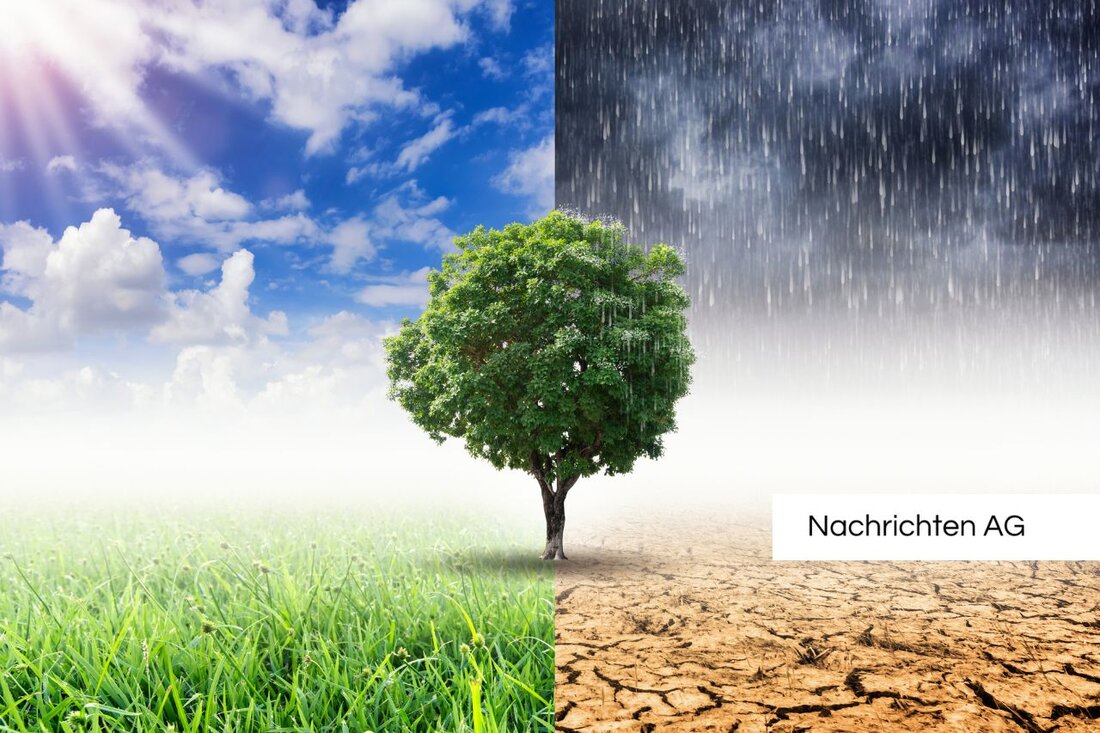Education for sustainable development: Kassel project shows new paths!
The University of Kassel promotes sustainable development in education through the FMNR project, led by Dr. Ellen Christoforatou.

Education for sustainable development: Kassel project shows new paths!
An innovative project to integrate sustainable development into formal educational processes was recently honored at the University of Kassel. The project, led by Dr. Ellen Christoforatou, managing director of the Center for Teacher Training (ZLB), combines theoretical education with practical applications in sustainable development.
Numerous partners are involved, including schools in the region, university departments and international organizations such as Right Livelihood Foundation. The aim is to explore ecological, socio-economic and cultural implications for reforestation using the Farmer Managed Natural Regeneration (FMNR) method.
Focus on FMNR and education for sustainable development
The FMNR method, developed by Tony Rinaudo, an Australian agricultural scientist and Alternative Nobel Prize winner, plays a central role in this educational project. It promotes the revegetation of impoverished and deforested soils and helps overcome challenges such as climate neutrality, hunger and water shortages. The implementation of this method shows how Education for Sustainable Development (ESD) not only strengthens environmental education but also promotes future-oriented decisions among people.
The importance of education for sustainable development is particularly underlined by the UNESCO “GNI 2030” program, which supports the achievement of the Global Sustainable Development Goals. Teacher training students at the University of Kassel can take part in this project and have it credited towards their InterESD (Internationalization and Education for Sustainable Development) study profile.
An interdisciplinary approach
In his monograph "Education for Sustainable Development. Tony Rinaudo's life's work as an opportunity for religious education", Jonas Wippermann highlighted the relevance of Rinaudo's life's work for religious education and environmental education. The publication, which will be published in 2024 kassel university press was published, deals with the question of how sustainable thinking can be structured in educational institutions in order to motivate young people to take action.
The pressure to integrate topics such as climate protection and social justice into lessons is increasing. Wippermann's analysis shows how this can happen through interdisciplinary approaches within the classroom. The focus on regeneration and ecology not only offers sustainable solutions, but also a deep insight into the responsibility of future generations.
For further information about this integrated education project, please visit the project website and Dr. Ellen Christoforatou available.

 Suche
Suche
 Mein Konto
Mein Konto